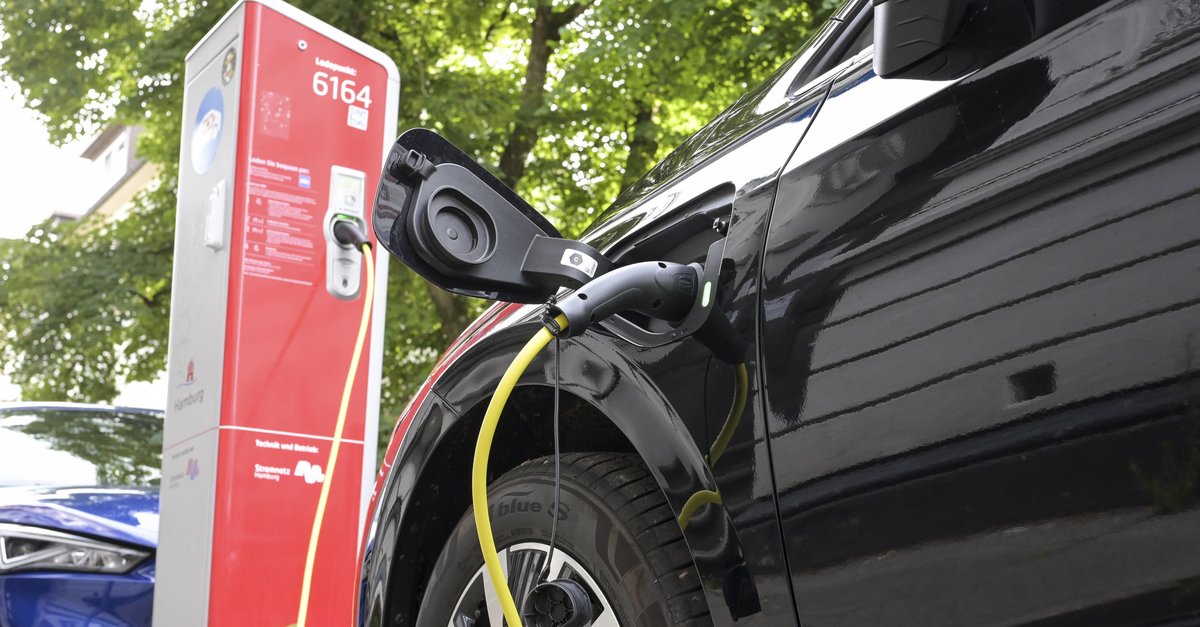Every step forward is followed by one back
E-cars are a step forward in mobility. Over time, they should increasingly replace cars with combustion engines – sooner or later, depending on who you ask, it may well be that time. But currently the overall development seems to have reached a plateau. Virtually every step forward is matched by one step backward.
There is no progress: with e-cars, there is a balance between progress and problems
E-cars have set out to revolutionize our personal mobility. Strictly speaking, their job is to save private driving. Because for vehicles that depend on a number of fuels, the end will be reached at some point – probably soon. What then remains are electric vehicles that can run on electricity from renewable energies.
Of the One would think that the victory of e-cars over combustion engines is inevitable. But currently we seem to be in a plateau phase in which things are neither going forward nor backward. Would you like a few examples?
Electric cars not only have to score with the plus for the environment, but also be competitive in terms of price. But the prices are rising – and not too little. The latest example of this development in electric cars, which is particularly unpleasant for buyers, is not even on the market: VW brand boss Thomas Schäfer has corrected the price range for VW’s planned cheap electric cars upwards. Off at best 20,000 euros are already 25,000 eurosthe ID.2 is only scheduled for 2025.
On the other hand, California sent an important signal for electric cars all over the world: The US state wants Give way to electric vehicles from 2035 – not at the crossing, but at the registration. Similar to the EU, from then on it will only be possible to allow combustion engines in the Golden State under strict restrictions.
There are even more exceptions than are planned in Europe – one of California’s decisions should be one of them strong signal effect going out: A good third of the US states usually follow California’s example when it comes to traffic legislation.
Mobility – something is happening: E-cars, electric bicycles, e-scooters, the 9-euro ticket for bus and train – all of this moves us in two ways. And what has happened in terms of mobility?
Under new management: is VW facing a turnaround in electric cars?
A step forward in the USA, while at VW not only the cheapest electric car to date is being re-evaluated, but probably the same The attitude of the entire group to the subject of electric cars is put to the test: In a few days, Oliver Blume, currently only head of Porsche, will officially take over the management of the Volkswagen Group from Herbert Diess.
Not only the purchase price can be an argument for an electric car:
If Diess is considered a fan and the driving force behind the focus on battery-electric cars, Blume made it clear just a week before taking over the fortunes of Germany’s largest car manufacturer: E-fuels are not yet off the table for VW. It remains to be seen what that could mean for the German electric car market.
However, it is already clear that VW and other German manufacturers have to adapt to new competition. Because with BYD, a heavyweight from China is pushing into Europe. The battery specialist has three electric models with them, the are hardly inferior to the big names in practically all important areas such as price, performance and durability. A challenge for the established manufacturers, we customers can actually only benefit. Finally, a step in the right direction.



